So you think you should talk to someone?
I believe one of the greatest tools for working through your past, avoiding burnout and embracing true transformation is psychotherapy. It is incredibly powerful for anyone seeking a deeper sense of understanding and wholeness.
Good therapists most definitely hold space to unpack the often-brutal stories of our past. Yes, to write a compelling story with you playing the hero instead of the victim, it’s necessary to unearth expired lies and lay them to rest. However, good therapists won’t leave you there.
I’ve been a student of Dr. Joe Dispenza’s work for a while now. He explores this topic neurologically and absolutely nails it. Check this out:
“The stronger the emotion that we feel from some external event in our life, the more altered we feel inside of us as a result of that condition outside of us and the more we pay attention to the cause. The challenge is, every time we think about that trauma, we’re producing the same chemistry in the brain and body as if it was happening again. What that does is it activates a survival gene. And when you’re in survival, what you want to do is make sure that that doesn’t happen again.”
When we lock into this type of survival mode, we often forecast worst-case scenarios. Guess what? Our brain doesn’t know the difference between the imagined state we create and reality. Therefore, we stay trapped in that old victim mentality and it tends to play out over and over again moving forward.
Here’s my point: therapy often doesn’t work because we spend so much time talking about our past to the point we are literally reliving it. Where focus goes, energy flows, therefore creating a habit of attention so strong and involuntary, it becomes nearly impossible to create new life-giving possibilities and successes in our lives. How could we? All our energy is being funneled into past emotions of survival long after the immediate threat is gone.
My approach is different. I’m convinced if we’re interested in creating lasting change, we need an experience to support us as a whole person, not just a cognitive one, from the neck up.
Yes, we need a safe space to tell our stories—100%. Yet we also need an experience of transformation as opposed to a conversation. I believe this happens through a customized experiential therapeutic approach, nourished by daily practices and the support of community.
If you’re ready to dive right in, I’d love to be your guide. Drop me a line. I always love hearing from you.

